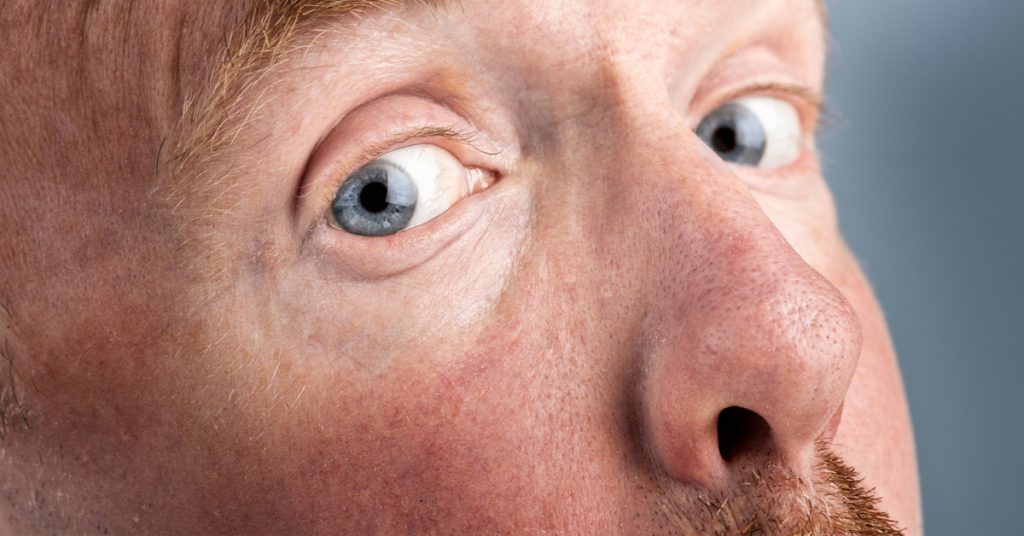A whistling nose may be amusing, at first. But if the whistle persists, it can quickly become annoying, disrupting concentration by day and interrupting sleep at night. But is it a sign of some underlying health issue? It’s possible.
Nasal obstruction and whistling
Whistling is a sign of obstruction of airflow and may be the result of the following:
- Congestion of the nasal passages – Whether from a common cold or allergies, excess mucus or inflammation in the nasal passages can be the culprit of the whistling noises. The whistling is temporary, however, you may wish to use an over-the-counter decongestant for a cold or an antihistamine for allergies. Other remedies include the use of a neti pot or nasal strips to help open nasal passages.
- Deviated or perforated septum – The septum is the boney structure in the center of the nose that separates the right and left nasal cavities. When the structure is off-center or crooked, the natural flow of air is often obstructed, to some degree, causing symptoms. Loud breathing and snoring are more commonly associated with a deviated septum. A different condition of the septum is more likely to be the cause of whistling.
If you hear whistling every time you breathe through your nose, you may have a perforated septum. A perforated septum occurs when there is a small hole or tear in the bone separating your nose into two sides. When air travels through the hole from one nostril to the other, the airflow creates a whistling sound.
While it is possible for a perforated septum to heal on its own, several options are available to treat or repair the septum. Firstline therapies may include the use of saline sprays and antibiotics. Next, a non-surgical procedure involves placing a prosthetic ‘button’ to seal the hole. For more severe cases, surgery is the preferred option.
- Polyps or turbinates– It’s possible that nasal polyps or enlarged turbinates could contribute to a nasal whistle as either condition could alter airflow in the nasal passages. A consultation and exam by a board-certified otolaryngologist are recommended.
To put an end to the whistling, schedule an appointment with one of our physicians.
